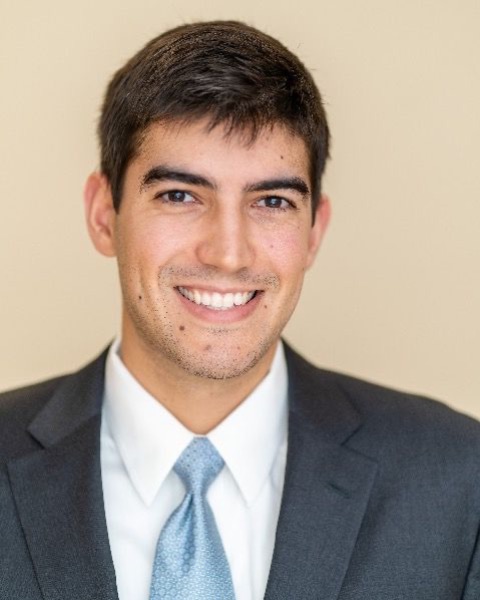Degenerative
Delayed Screw Migration Following Anterior Cervical Discectomy and Fusion
Friday, February 21, 2025

Matthew T. Carr, MD
Resident Physician
Icahn School of Medicine at Mount Sinai
New York, NY, US
Presenting Author(s)
Introduction: Screw back-out following anterior cervical discectomy and fusion (ACDF) is a rare but significant adverse event, potentially leading to dysphagia or injury to the esophagus or pharynx. The aim of this study was to perform a systematic review identifying the clinical and surgical characteristics and treatment options of patients suffering delayed (> 1 month) screw back-out after ACDF.
Methods: A systematic review was performed searching Embase, Medline, and Scopus for relevant case studies and case series of delayed screw back-out after ACDF.
Results: 25 studies encompassing 31 patients were identified and included. Average time to screw back-out was 4.6 years. There were 20 cases of single-level screw backout and 11 cases of multilevel failure. 51.6% of patients presented with dysphagia, and 61.3% had a pharyngoesophageal injury. 5 patients were asymptomatic. 25 patients underwent surgery to remove hardware, 12 patients had surgical repair of the esophagus or hypopharynx, and 4 patients were managed conservatively. 9 patients (29.0%) had an associated infection. Antibiotic duration when given ranged from 2 weeks to 6 months. NPO duration ranged from 4 days to 3 months.
Conclusion : The risk of screw back-out is low but it can be a devastating complication. The majority of reported cases develop pharyngoesophageal injury and dysphagia. Surgery is often required to remove the hardware and repair any damage to the esophagus or hypopharynx, and may require prolonged antibiotics and NPO. Rarely patients may be asymptomatic and treated conservatively, but in 7 patients in this series in which back-out was initially managed conservatively, worsening back-out or injury occurred an average of 29 months later. These results are likely biased towards symptomatic patients, however, as asymptomatic patients with conservatively managed back-out are less likely to be reported on in the literature.
Methods: A systematic review was performed searching Embase, Medline, and Scopus for relevant case studies and case series of delayed screw back-out after ACDF.
Results: 25 studies encompassing 31 patients were identified and included. Average time to screw back-out was 4.6 years. There were 20 cases of single-level screw backout and 11 cases of multilevel failure. 51.6% of patients presented with dysphagia, and 61.3% had a pharyngoesophageal injury. 5 patients were asymptomatic. 25 patients underwent surgery to remove hardware, 12 patients had surgical repair of the esophagus or hypopharynx, and 4 patients were managed conservatively. 9 patients (29.0%) had an associated infection. Antibiotic duration when given ranged from 2 weeks to 6 months. NPO duration ranged from 4 days to 3 months.
Conclusion : The risk of screw back-out is low but it can be a devastating complication. The majority of reported cases develop pharyngoesophageal injury and dysphagia. Surgery is often required to remove the hardware and repair any damage to the esophagus or hypopharynx, and may require prolonged antibiotics and NPO. Rarely patients may be asymptomatic and treated conservatively, but in 7 patients in this series in which back-out was initially managed conservatively, worsening back-out or injury occurred an average of 29 months later. These results are likely biased towards symptomatic patients, however, as asymptomatic patients with conservatively managed back-out are less likely to be reported on in the literature.

.jpg)